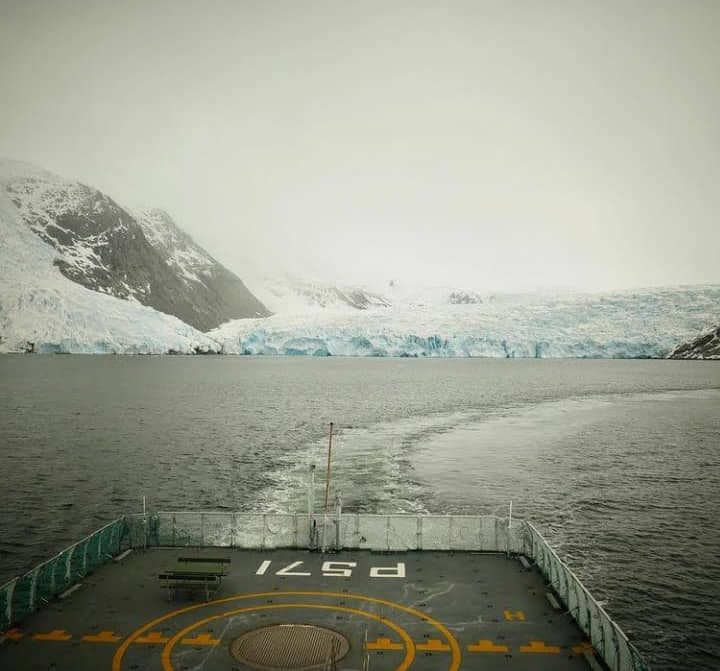
Befolkningen i Arktis (Inuit) kommer fra Asien, hvilket betyder, at ikke kun deres livsstil, men også deres genetiske baggrund er forskellig fra den kaukasiske befolkning (vestlig befolkning). Tidligere havde inuitterne et vist billede af sygdommen, sammenlignet med befolkningen i Vesten. Livsstilsrelaterede sygdomme (f.eks. hjertekarsygdomme, fedme, diabetes) og kræft er blevet almindelige sygdomme i den arktiske befolkning, selvom de bliver mindre almindelige end i vestlige lande.
Industrielle kemikalier fra vestlige lande bringes til Arktis af atmosfæren og havstrømmene, hvor de ophobes i den marine fødekæde. Dette har været med til at påvirke sundheden for den arktiske befolkning, som er vant til at spise højt i den marine fødekæde, såsom sæler og hvaler. Denne effekt forventes at forstærkes i takt med klimaændringerne..
The people of the Arctic (Inuit) come from Asia, which means that not only their lifestyle, but also their genetic background is different from the Caucasian population (Western population). In the past, the Inuit had a certain picture of the disease, compared to the population in the West. Lifestyle-related diseases (e.g. cardiovascular disease, obesity, diabetes) and cancer have become common diseases in the Arctic population, although they are becoming less common than in Western countries.
Industrial chemicals from Western countries are brought to the Arctic by the atmosphere and ocean currents, where they accumulate in the marine food chain. This has helped to affect the health of the Arctic population, which is used to eating high in the marine food chain, such as seals and whales. This effect is expected to increase with climate change..
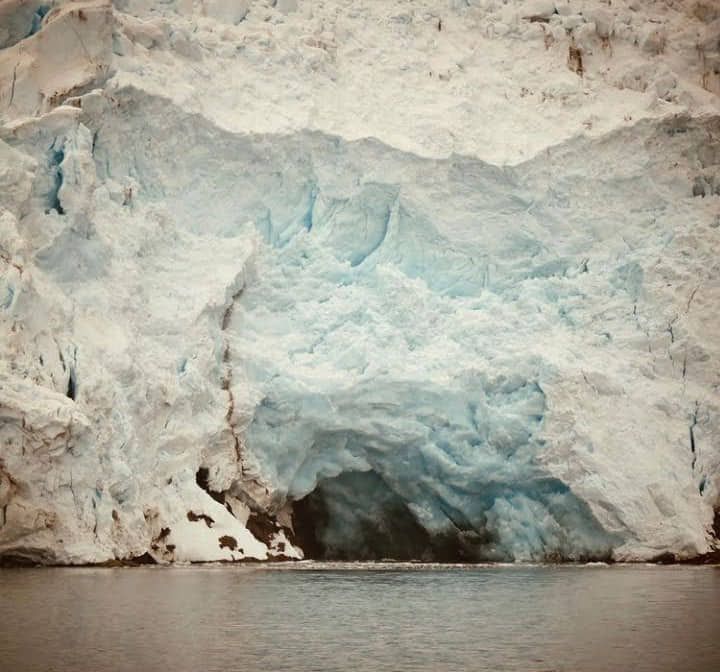
Grønland spiller i dag en vigtigt rolle i international forskning gennem unikke muligheder for at studere processer af global betydning, herunder historien om klodens geologiske udvikling, naturlige klimaændringer og global opvarmning. Interessen for arktisk forskning er voksen markant i de senere år. i større nationale og internationale forsknings programmer og til yderligere finansiering af arktisk forskning, fx Nordisk Ministerråd og EU. Nordisk, europæisk og bredere internationalt samarbejde inden for forskning og uddannelse vil fortsat have høj prioritet i fremtiden..
Greenland today plays an important role in international research through unique opportunities to study processes of global importance, including the history of the planet's geological evolution, natural climate change and global warming. Interest in Arctic research has grown significantly in recent years. in major national and international research programmes and to further funding for Arctic research, e.g. the Nordic Council of Ministers and the EU. Nordic, European and broader international cooperation in research and education will continue to be a high priority in the future..
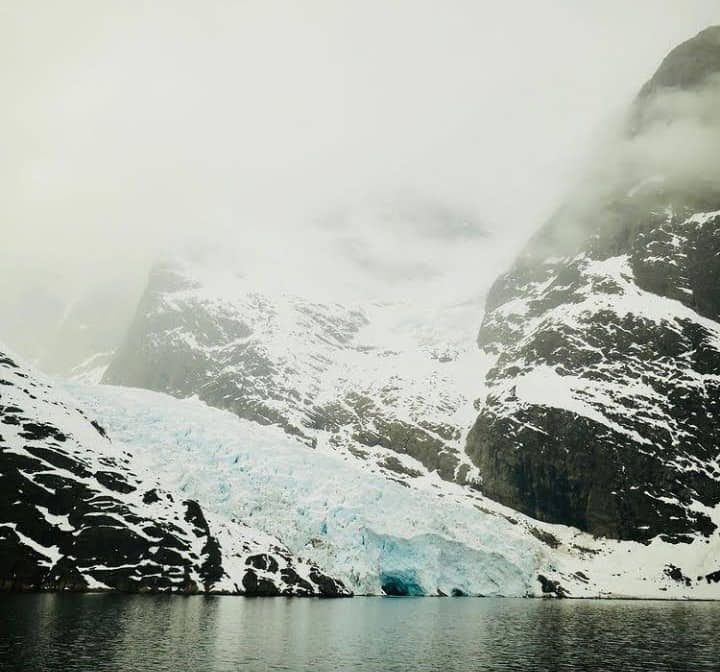
Global opvarmning påvirker direkte Arktis, herunder is, hvis og havstrømme på Grønland, som ingen har stor indflydelse på de globale klimaændringer. Klima Forandringer Ne har dog også en direkte indvirkning på Arktis i form af ændrede forhold for fiskeri- og fiskerierhvervet, mulighederne for minedrift og udnyttelse af kalkvand ressourcer samt turisme og transportmuligheder..
Global warming directly affects the Arctic, including ice, sea ice and ocean currents in Greenland, which have no major impact on global climate change. However, climate change also has a direct impact on the Arctic in the form of changing conditions for the fishing industry, opportunities for mining and exploitation of lime water resources, as well as tourism and transport opportunities..
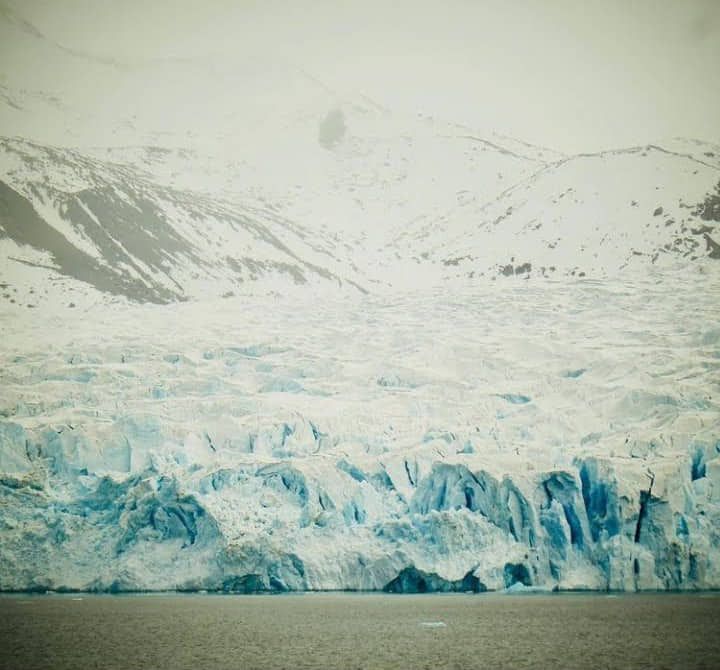
Det er vigtigt, at forskning og overvågning af jordis, samt arktiske klima- og miljø processer, udbredes og udnyttes på verdensplan. Samtidig er det vigtigt for de arktiske befolkninger at bruge forskningsresultaterne til at fremme en hurtig kulturel, social, økonomisk og økonomisk udvikling, som kan bruges i generationer i andre lande til at til passe sig. Formidling af arktisk forskning skal derfor være meget varm, så den kommer befolkningen i Arktis til gode, især arktiske jordejere. Samfundsvidenskab og sundhedsforskning spiller en vigtig rolle her..
It is important that research and monitoring of ground ice, as well as Arctic climate and environmental processes, are disseminated and exploited worldwide. At the same time, it is important for Arctic peoples to use the results of research to promote rapid cultural, social, economic and social development that can be used for generations in other countries to come. The dissemination of Arctic research must therefore be very warm, so that it benefits the people of the Arctic, especially Arctic landowners. Social science and health research have an important role to play here. .
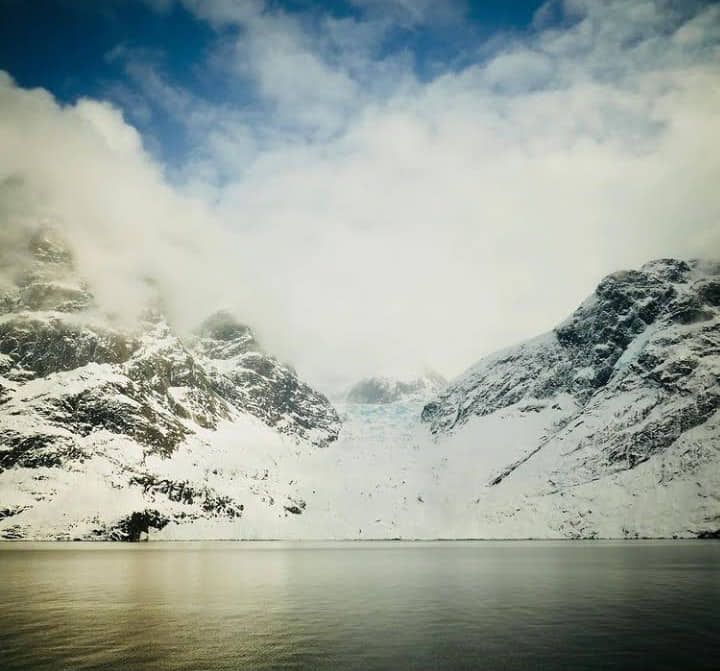
Nordisk, europæisk og bredere internationalt samarbejde inden for forskning og uddannelse har høj prioritet. Eksempel Hvis deltager danske og grønlandske forskere i Nordisk Forsknings Initiative om Klima, Miljø og Energi, som er et af Nordisk Ministerråds globalisering initiative. Kongeriget støtter også arbejdet i University of the Arctic, en sammenslutning af cirkumpolare universiteter, der søger at tilbyde en bred vifte af relaterede kurser for arktische studerende. Bilateralt er uddannelse, sprog og forskning centrale elementer i Grønland-USA-Danmark Joint Committee-samarbejdet - og Grønland er i stigende grad involveret i løftet om bilateralt samarbejde inden for forskning og uddannelse, for eksempel i Canada..
Nordic, European and wider international cooperation in research and education is a priority. For example, Danish and Greenlandic researchers participate in the Nordic Research Initiative on Climate, Environment and Energy, which is one of the Nordic Council of Ministers' globalization initiatives. The Kingdom also supports the work of the University of the Arctic, an association of circumpolar universities that seeks to offer a wide range of related courses for Arctic students. Bilaterally, education, language and research are key elements of the Greenland-US-Denmark Joint Committee cooperation - and Greenland is increasingly involved in the promise of bilateral cooperation in research and education, for example in Canada..
